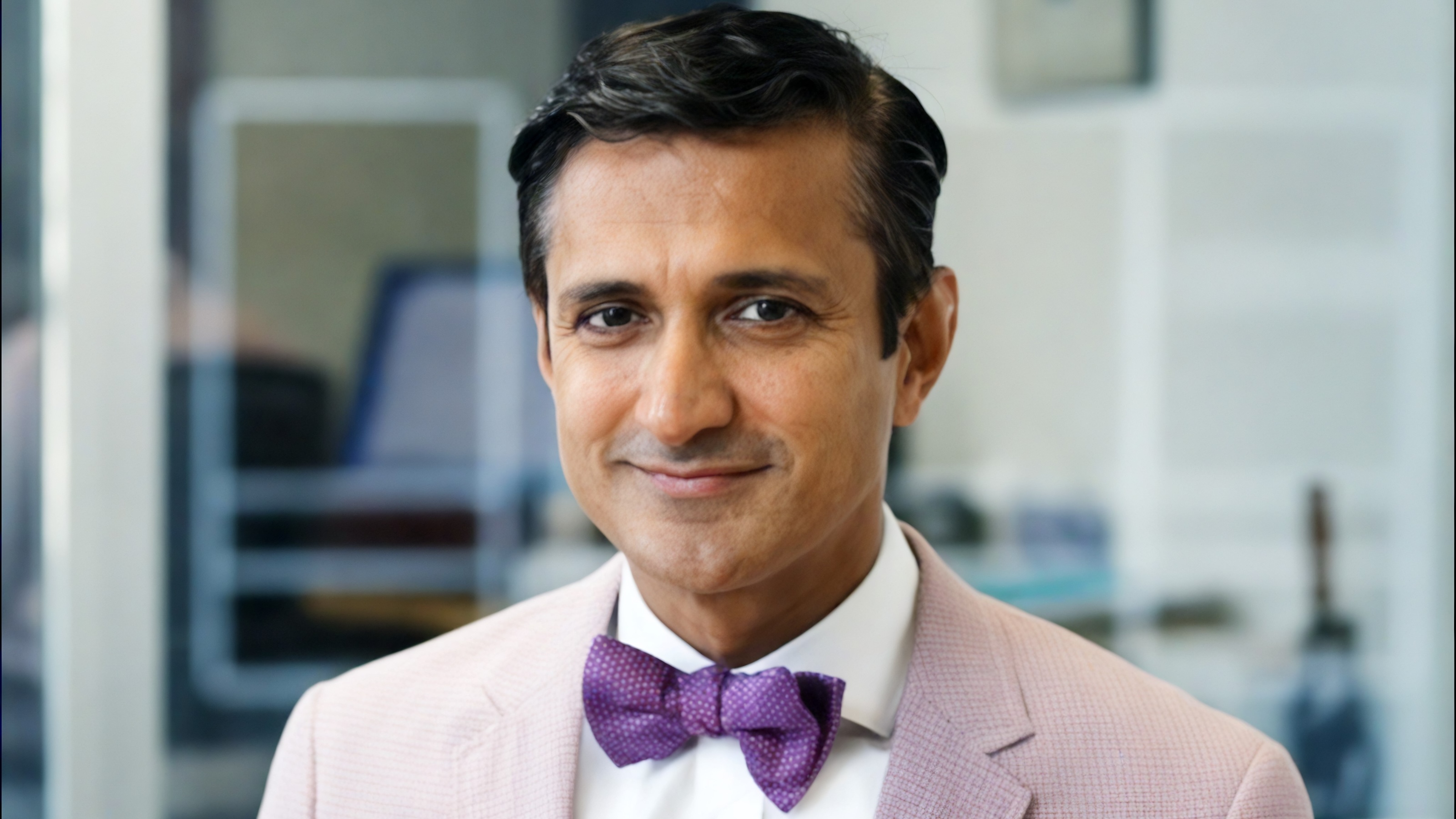The NAACP president grew up hearing that civil rights was a settled issue, only to find that cancerous racial problems still persisted.
Question: What first motivated you to pursue a career in social justice?
Ben Jealous: Yeah, my parents were both active in the 1950's and '60's, and my grandparents as well. And I was raised in a family where we were taught that the best thing you could do with your life was to really kind of push the cause of progress and justice and human rights in this country forward.
Question: What forms of discrimination have you experienced personally?
Ben Jealous: Yeah, growing up black in the States, even in the 1970's, meant that you were subjected. And probably the things probably the most glaring to me was I think both the way I was treated as a child in stores, like the local five and dime. I grew up in a town that didn't have many black folks, and it was pretty clear that the black kids were treated different than the black kids; more suspect, more shop owners were afraid we might steal something. And also the white people responded to my parents’ marriage. My dad's white and my mom's black, and it wasn't very socially acceptable. When I was born it would have been legal for just over five years. So, it was a different time.
Question: In what ways does the perspective of your generation influence your NAACP leadership?
Ben Jealous: You know, my generation, they used to refer to us as the "children of the dream." The kids who were born just as and just after the big civil rights victories were born. And we were told when we were coming up, look, all the big victories have been won. Your job, young man, or young woman, is to just go out and play hard by the rules, because the rules are now fair. And that worked well for many of us. I mean, I went to great universities and won great scholarships and all that stuff. But for many of us, it didn't. I mean, we came of age as a generation just in time to find ourselves the most murdered generation in this country and the most incarcerated generation on the planet. And that's the shadow, if you will, of the shining victories of the 1960's.
Question: How does the older generation feel about your generation’s handling of civil rights issues?
Ben Jealous: The battle at any given moment is multi-generational. My parents and my grandparents were both involved in the battles of the '50's and '60's. And so who’s ever on the battlefield agrees there's a reason to be on the battlefield and there's a reason to be fighting. So the leaders of the civil rights movement who are still active, people like Joseph Lowery, like Julian Bond, like Merilee Evers, like Dr. Hazel Dukes here in New York, couldn't agree more. I mean, we have great – because they have lived their whole lives with their eyes wide open. And they understand just how far we've come; perhaps better than my generation does because they lived through it. But they also understand how far we haven't come. Again, because to the extent that there are similarities, to the extent that there are whole groups of people in the black community, or in the country as a whole who have gone backward in the last 40 years. Well, they've watched them go backward too.
Recorded March 10th, 2010
Interviewed by Austin Allen





